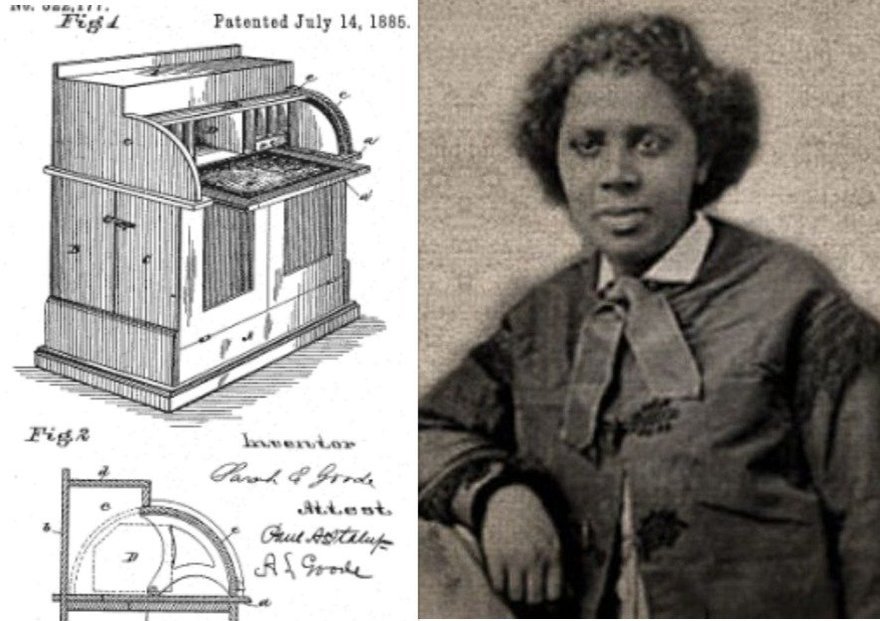Long before the Murphy bed became a household name, Sarah E. Goode, a pioneering Black inventor, had already designed a revolutionary solution for cramped living spaces: a bed that folded into a desk.
Her story, rarely told in classrooms or textbooks, is now being rediscovered—and rightfully celebrated.
Born into slavery around 1855, Sarah E. Goode was freed after the Civil War and later moved to Chicago, where she and her husband—a carpenter by trade—opened a furniture store.

Many of their customers were working-class families living in small, one-room apartments where space was limited. Goode responded to their needs with innovation and elegance.
Her invention, patented in 1885, was a roll-top desk by day and a full-sized bed by night—a design that was both practical and ahead of its time.
This space-saving concept allowed families to maintain dignity and comfort in tight quarters. While the world would later credit William Lawrence Murphy for his fold-up bed invention in the early 1900s, Sarah E. Goode had already done it—years earlier.
Goode made history as one of the first Black women to receive a U.S. patent. But despite this achievement, her name was largely omitted from the historical record. She died in 1905 at just 49 years old, with no statues, no chapters in history books, and little public recognition of her groundbreaking design.

Today, however, her legacy is beginning to shine once again. In Chicago’s Englewood neighborhood, the Sarah E. Goode STEM Academy stands in her honor. The high school is a beacon for young scientists, engineers, and innovators—especially those from marginalized backgrounds—who now walk its halls inspired by Goode’s determination, intellect, and resilience.
Goode’s life and work are a reminder of the often-overlooked contributions of Black women in American innovation. Her design solved a common problem, and it also asserted that Black inventors belonged in the narrative of progress and ingenuity.
So the next time you see a bed fold neatly into a cabinet or desk, remember: Sarah E. Goode did it first!
